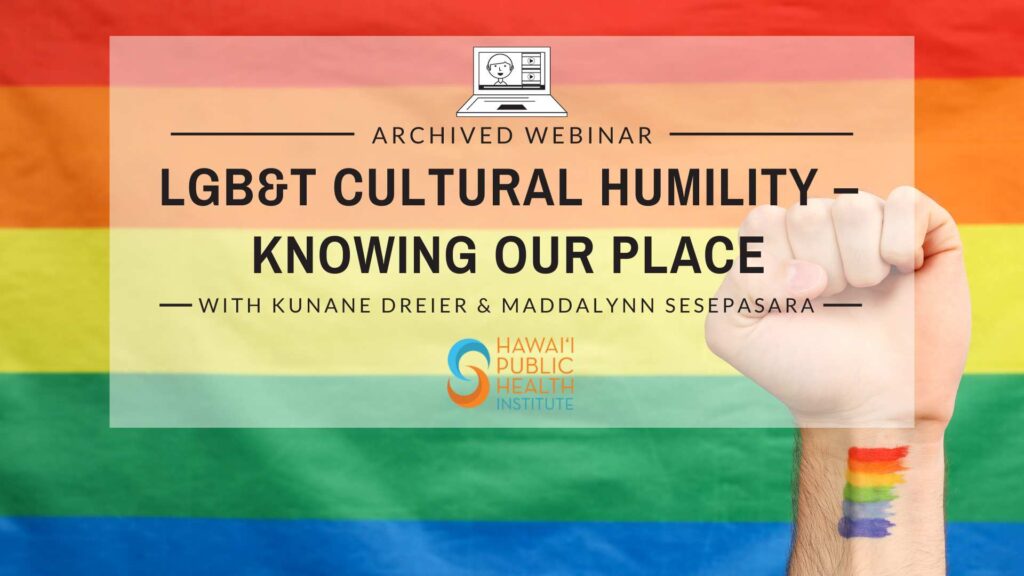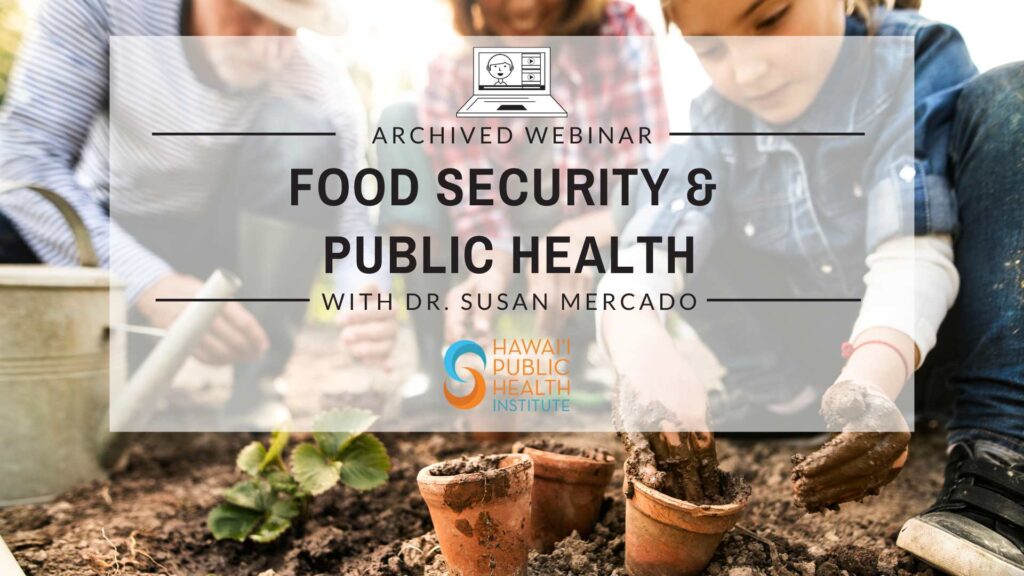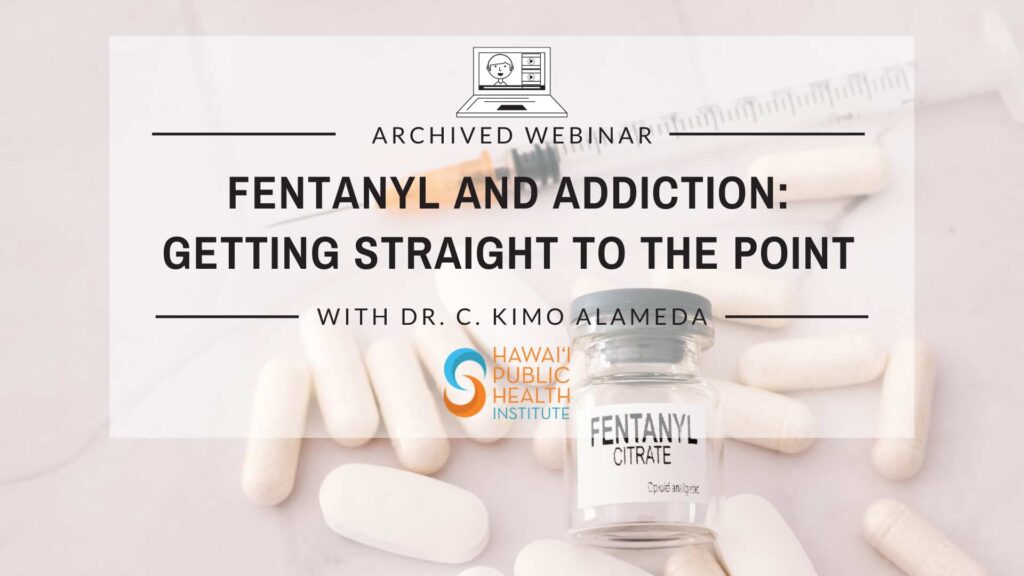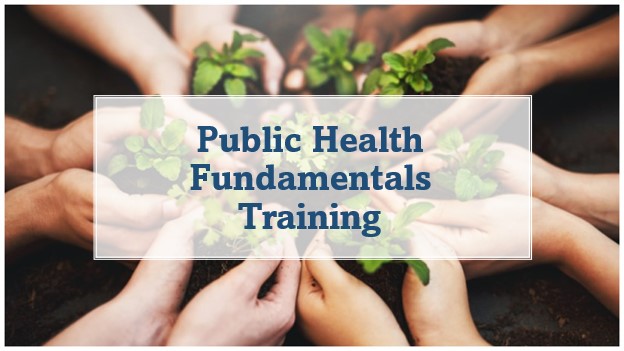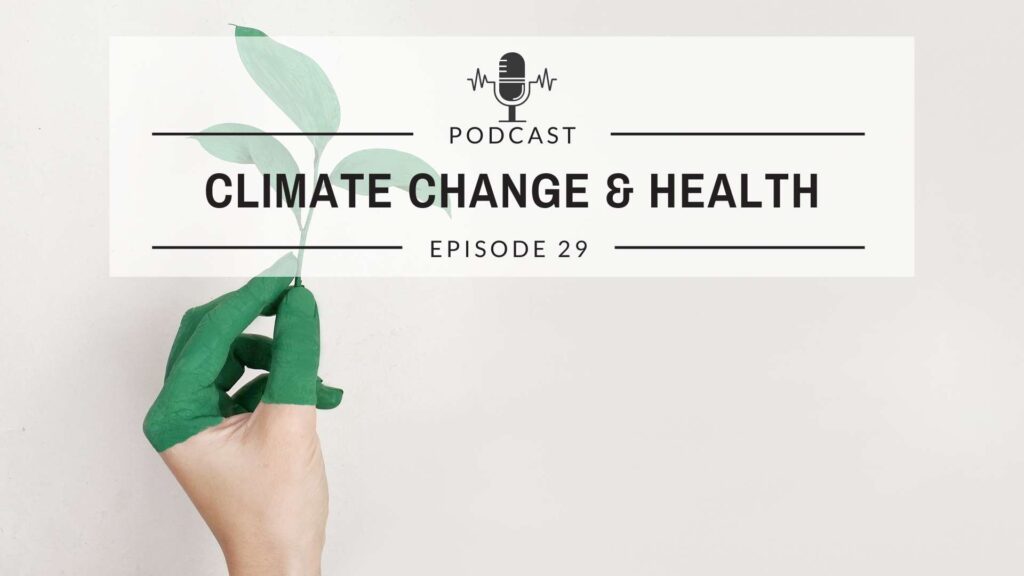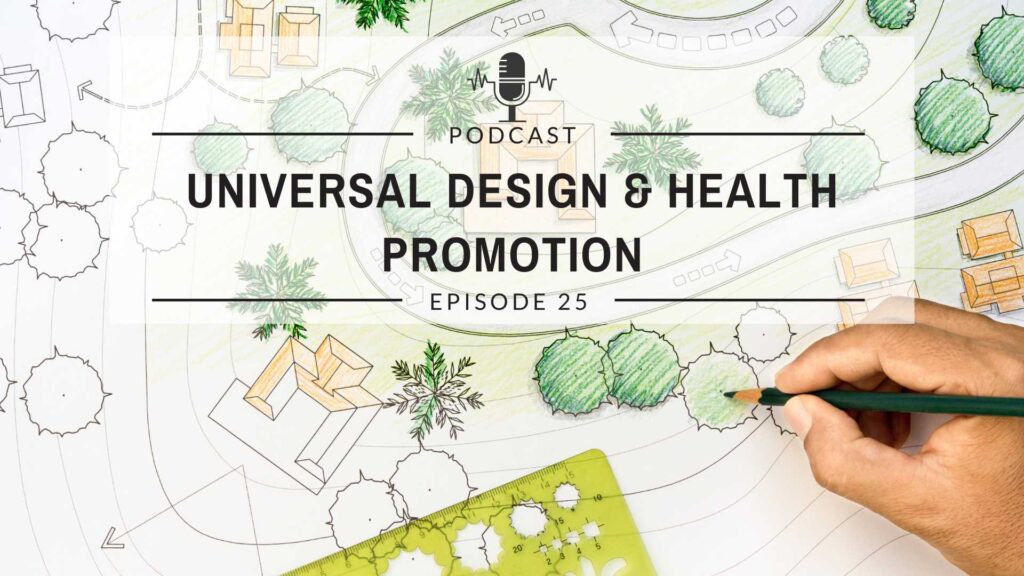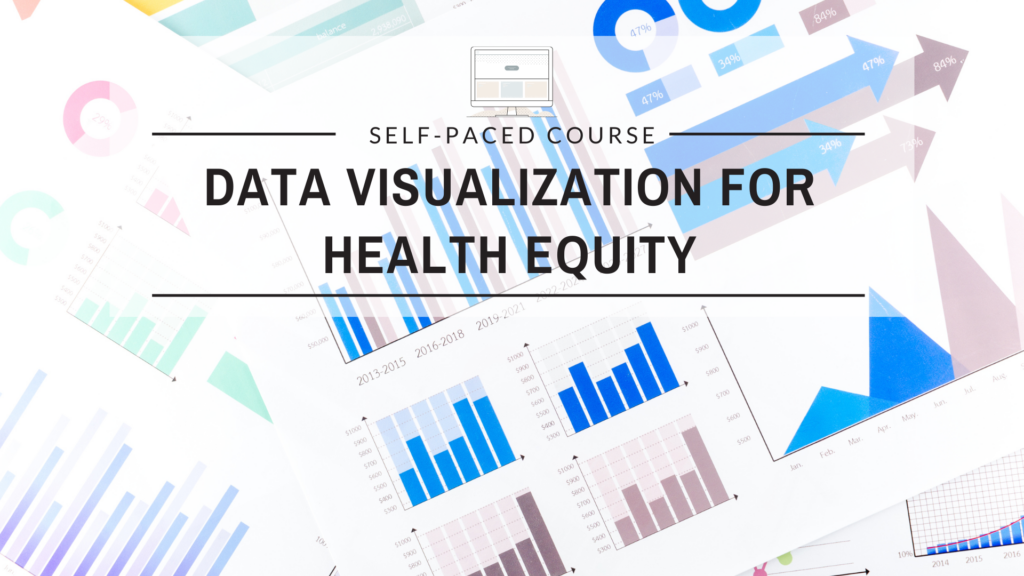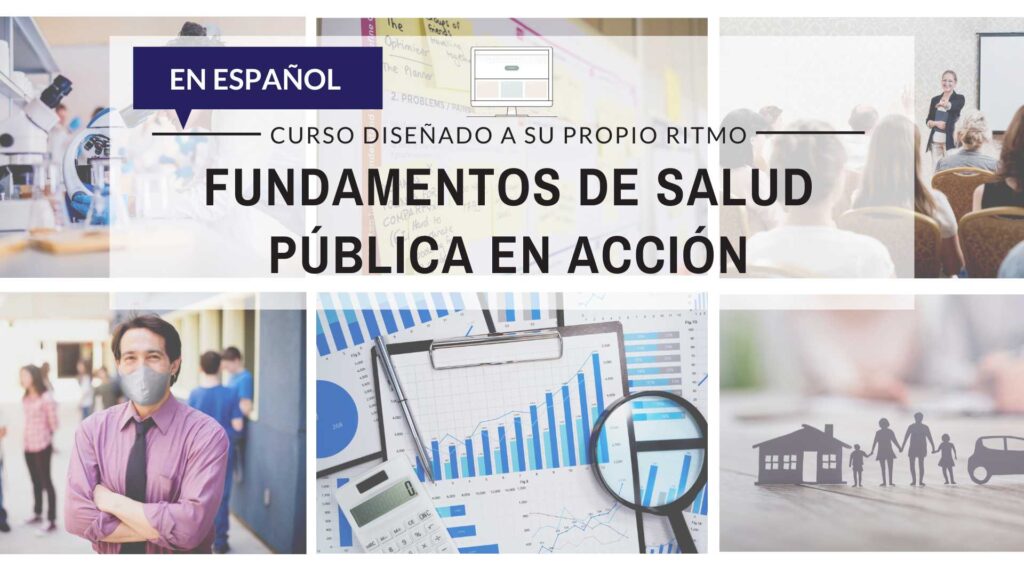LGB&T Cultural Humility training is designed to increase knowledge and skills to effectively interact with LGB&T people, as well as support and provide affirming care and support. This training integrates the unique viewpoints of local and Hawaiian culture as related to māhū. Utilizing the unique viewpoints of our Hawaiian and local cultures, we aim to increase humility and capacity for understanding when engaging with our most vulnerable populations.
Learning Objectives:
- Have an increased understanding about the culture, family values, and place of our Native Hawaiian māhū community;
- Have an increased understanding of the differences between cultural and western views of our LGB&T community;
- Increased ability to tailor existing services and support to better meet the needs of our LGB&T and māhū communities.
Target Audience: Public Health Professionals including Registered Dietitians, Social Workers, Health Educators and others.
Duration: 1.5 hours
Continuing Education Information: 1.5 Category 1 Credits for CHES
CHES Provider number: 99036Format: Recorded Webinar
Recorded: 5/19/2023
Disclosures: The planners, reviewers, and authors have no declared conflicts of interest.


